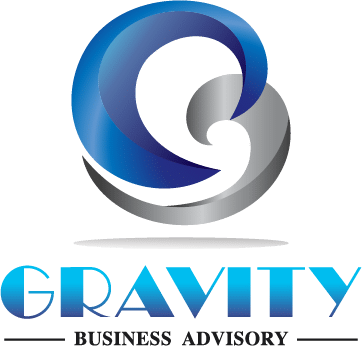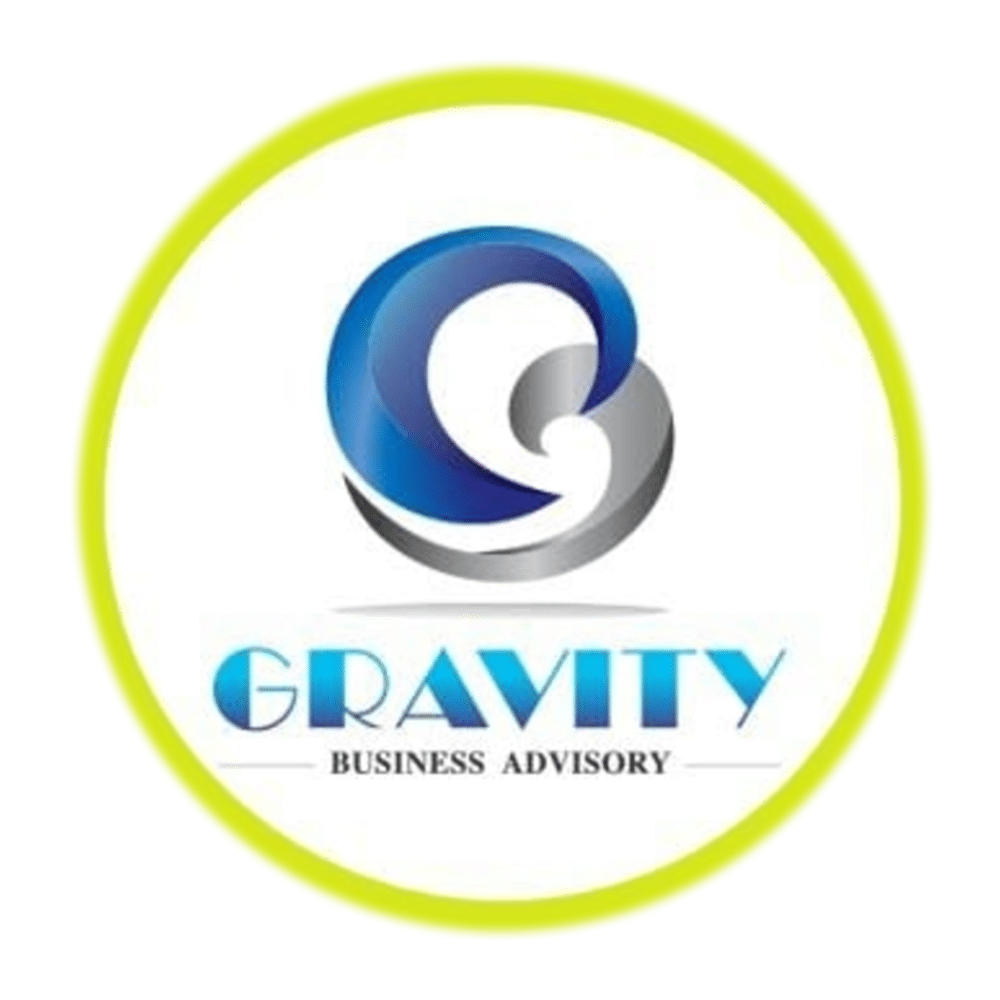Code: 21001
شهادة ISO 21001 لإدارة المؤسسات التعليمية
معيار دولي لإدارة الأثر البيئي والاستدامة. نساعدك في بناء مستقبل أخضر ومستدام لمؤسستك.
لماذا الأيزو 21001؟
نبذة عن الشهادةعن الشهادة
ISO 21001 هو معيار دولي مخصص للمؤسسات التعليمية لتحسين جودة التعليم والخدمات التعليمية المقدمة. يركز المعيار على التفاعل بين المؤسسة التعليمية، المتعلمين، والجهات المعنية الأخرى لتعزيز الرضا ورفع كفاءة العمليات التعليمية.
ماذا تغطي الشهادة؟
إدارة العمليات التعليمية
تحسين جودة التعليم
رضا المتعلمين وأصحاب المصلحة
التحسين المستمر
لمن تناسب؟
المدارس
الجامعات
مراكز التدريب
المؤسسات التعليمية الخاصة والعامة
كيف نؤهلك للحصول عليها؟
منهجية متكاملة للارتقاء بجودة التعليم
تقييم الوضع الحالي (Current Status Assessment)
بناء النظام التعليمي (Educational System Building)
التوثيق (Documentation)
التدريب (Training)
الجاهزية للاعتماد (Readiness for Certification)
الأسئلة الأكثر شيوعاً
إجابات تفصيلية لكل ما يخص الأيزو والجودة
معيار دولي لنظام إدارة المؤسسات التعليمية.
المدارس، الجامعات، مراكز التدريب.
ISO 21001 مخصصة للتعليم، بينما ISO 9001 عامة.
تساعد على تحسين العمليات التعليمية ورضا المستفيدين.
جاهز لتحسين جودة التعليم في مؤسستك؟
ابدأ تأهيل مؤسستك التعليمية الآن واضمن تقديم خدمات تعليمية ترقى للمعايير العالمية.
رد سريع • سرية تامة • مسار عملي واضح
موارد وروابط ذات صلة
استكمل رحلة المعرفة مع هذه الروابط المختارة بعناية.

